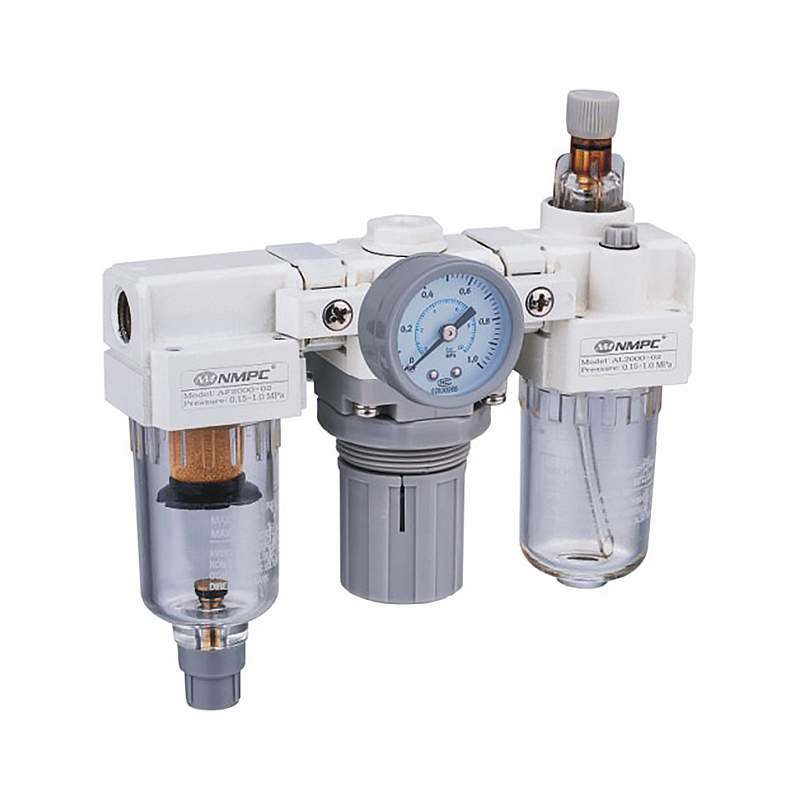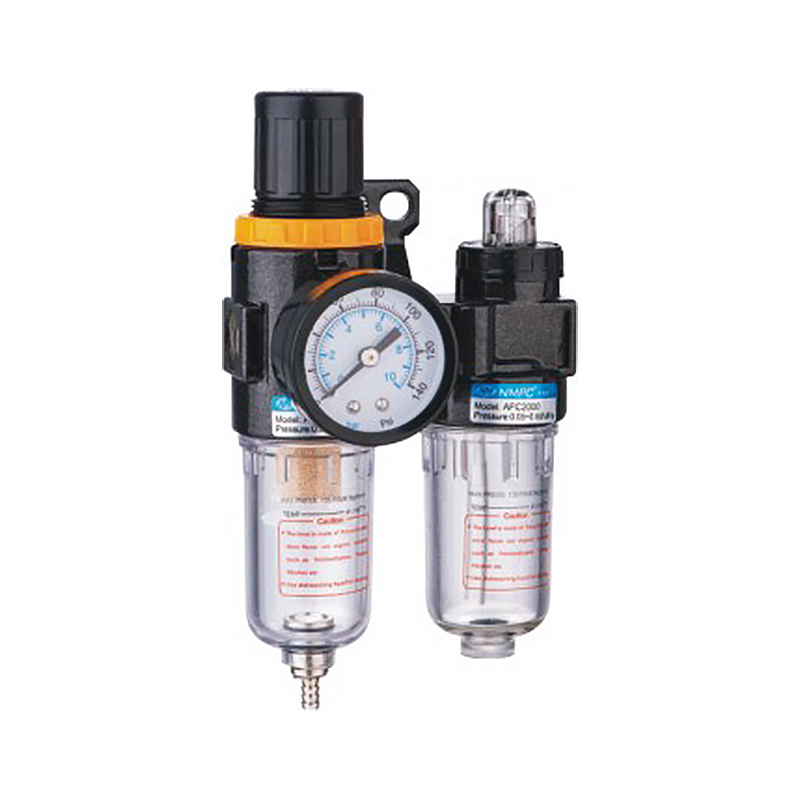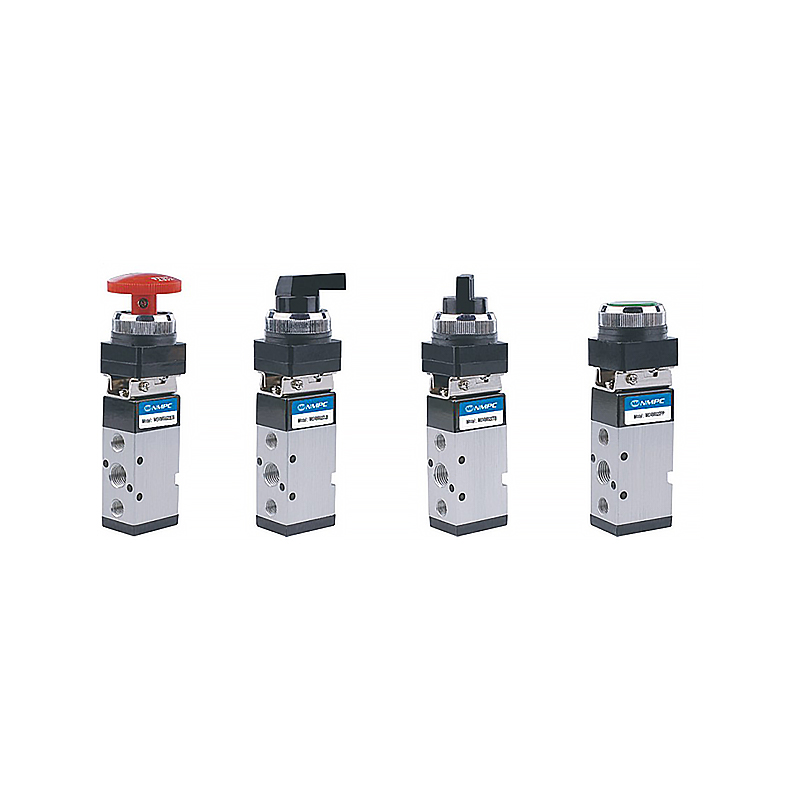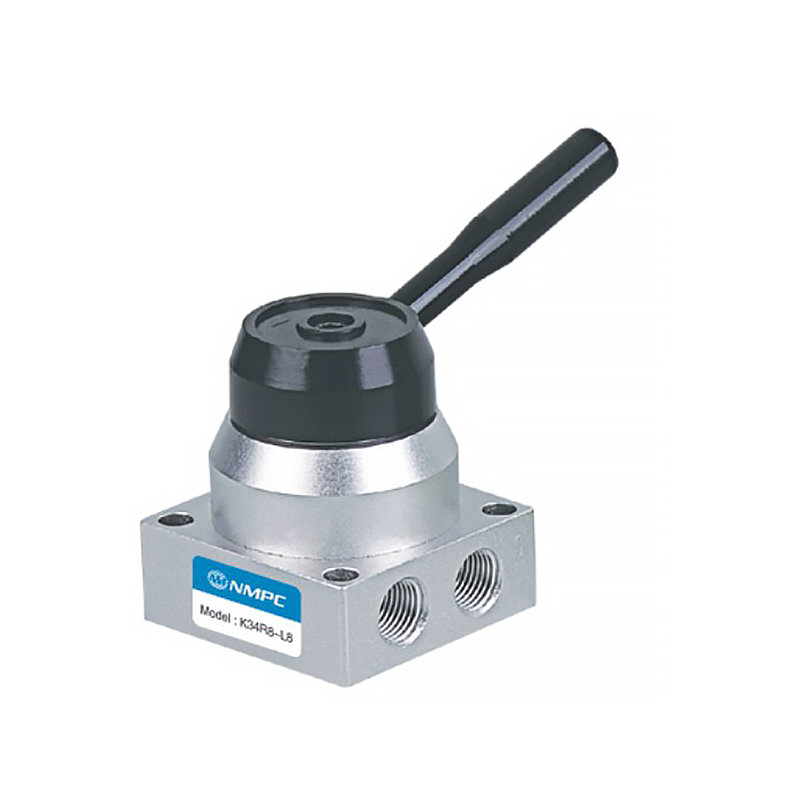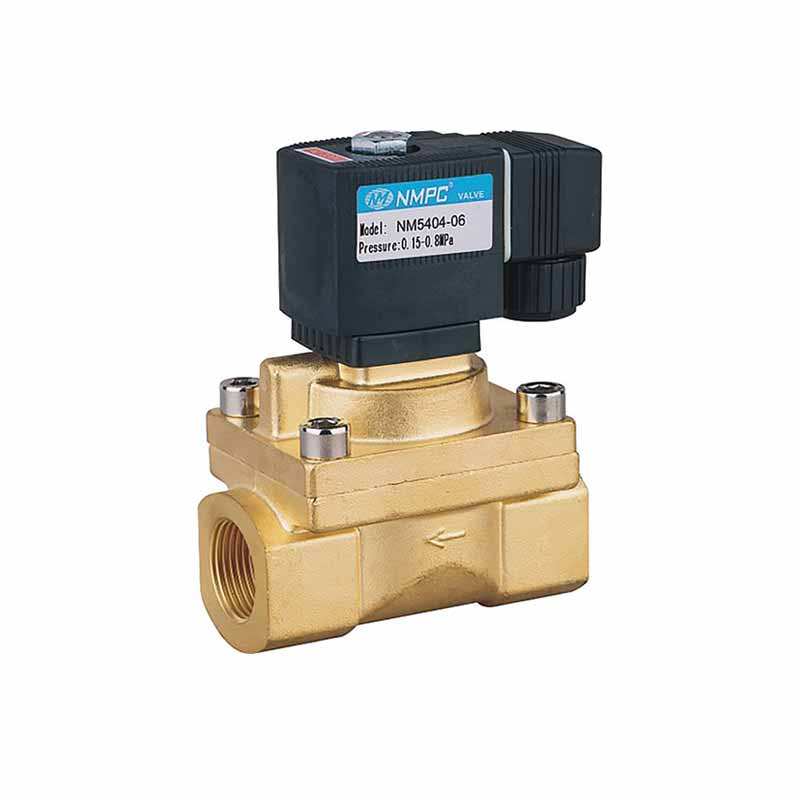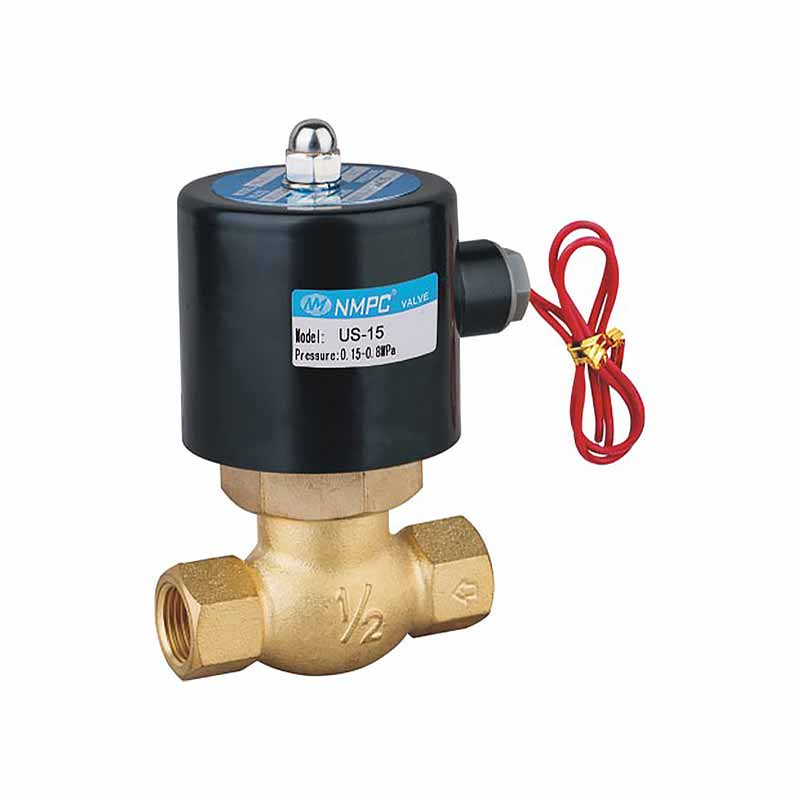Copyright 2022 © Ningbo Xinmadi Automation Technology Co., Ltd. All Rights Reserved.

Manual valves are a crucial component in numerous industrial applications, serving as controllable devices that regulate the flow of fluids or gases. These valves are manually operated, allowing operators to precisely adjust and control the flow rate, pressure, and direction of fluids as per the specific requirements of the system.
The importance of manual valves cannot be overstated. They are essential for maintaining the safety and efficiency of industrial processes. By allowing precise control over fluid flow, manual valves help prevent overpressure, underpressure, and other potentially damaging conditions. Additionally, they play a vital role in isolating sections of a pipeline or system for maintenance or repair work.
Manual valves are available in a wide range of types and sizes, each designed to meet specific application requirements. Some common types include gate valves, globe valves, ball valves, and butterfly valves. Each type has its own unique characteristics and advantages, making them suitable for different types of fluids and operating conditions.
For instance, gate valves are often used in large-diameter pipelines due to their ability to handle high-pressure and high-temperature fluids. Globe valves, on the other hand, are known for their excellent throttling and sealing capabilities, making them suitable for precise flow control applications. Ball valves are popular for their quick and easy operation, while butterfly valves are often used in large-scale applications where quick opening and closing are required.
The selection of the appropriate manual valve for a given application requires careful consideration of various factors, including the type of fluid, operating pressure and temperature, flow rate requirements, and the specific needs of the system. It is crucial to choose a valve that is compatible with the fluid being handled and can withstand the operating conditions. Additionally, the valve should be easy to operate and maintain, ensuring reliable performance over time.
In conclusion, manual valves are indispensable components in various industries, providing precise control over fluid flow and ensuring the safety and efficiency of industrial processes. Their versatility and adaptability make them suitable for a wide range of applications, from small-scale systems to large-scale industrial processes. With the right selection and proper maintenance, manual valves can contribute significantly to the smooth operation of any industrial setup.


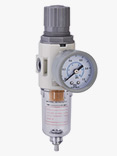
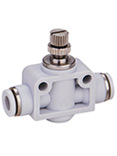

 简体中文
简体中文 English
English